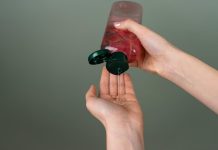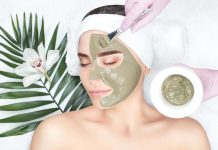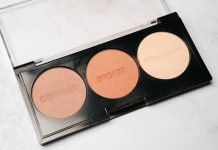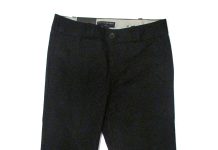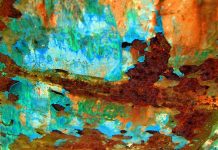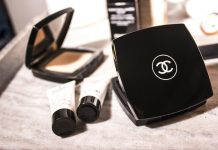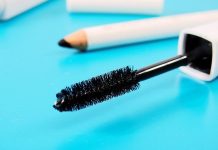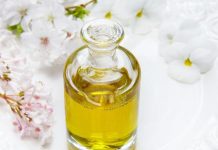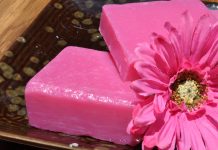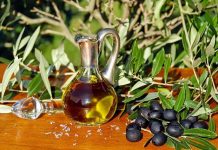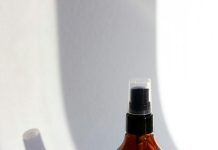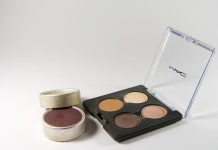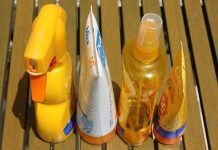In a world where the pursuit of flawless skin has become a universal endeavor, the beauty industry is teeming with an array of products promising radiant results. Amidst this ocean of options, a new trend has surged to the surface—DIY skincare masks. Crafted from everyday kitchen ingredients and whispered about in beauty forums, these homemade concoctions claim to rival their store-bought counterparts. But can a blend of avocado and honey truly stand up to the meticulously formulated products lining the shelves of high-end boutiques? As we delve into the science, benefits, and potential pitfalls, let’s uncover whether DIY skincare masks can indeed be as effective as their commercial rivals, or if they’re just another fleeting beauty fad.
Exploring the Science Behind DIY Skincare Masks
When diving into the world of homemade skincare, one can’t help but wonder about the science that underpins these concoctions. DIY skincare masks often utilize ingredients like honey, oatmeal, and avocado, each bringing its own set of benefits. For instance, honey is a natural humectant, meaning it draws moisture into the skin, while oatmeal offers gentle exfoliation and soothing properties.
On the other hand, store-bought products are formulated with a variety of scientifically-proven ingredients, such as hyaluronic acid, retinoids, and peptides, often combined in precise ratios for maximum efficacy. These formulations undergo rigorous testing to ensure stability, safety, and effectiveness. The question then arises: Can the simple, natural ingredients in homemade masks compete with these advanced formulations? While DIY masks can offer immediate, short-term benefits, the complex formulations in store-bought products are often designed to address specific skin concerns more effectively over the long term.
- Honey: Natural humectant
- Oatmeal: Gentle exfoliation and soothing
- Hyaluronic Acid: Deep hydration
- Retinoids: Anti-aging properties
- Peptides: Skin repair and regeneration

Comparing Ingredients: Natural vs. Commercial Formulations
When it comes to the ingredients used in skincare, the debate between natural and commercial formulations is ongoing. Natural ingredients often include components like honey, aloe vera, and oatmeal, which are known for their soothing and nourishing properties. On the other hand, commercial products frequently contain scientifically formulated ingredients such as hyaluronic acid, retinol, and peptides, designed to deliver targeted results.
- Natural Ingredients:
- Honey: Antibacterial and moisturizing.
- Aloe Vera: Soothing and anti-inflammatory.
- Oatmeal: Exfoliating and calming.
- Commercial Ingredients:
- Hyaluronic Acid: Deeply hydrating and plumping.
- Retinol: Promotes cell turnover and reduces wrinkles.
- Peptides: Boosts collagen production and skin elasticity.
While DIY masks can offer immediate benefits using readily available natural ingredients, commercial products leverage advanced formulations for long-term skin health. Each has its own set of advantages, making the choice between them highly personal and dependent on individual skincare needs.
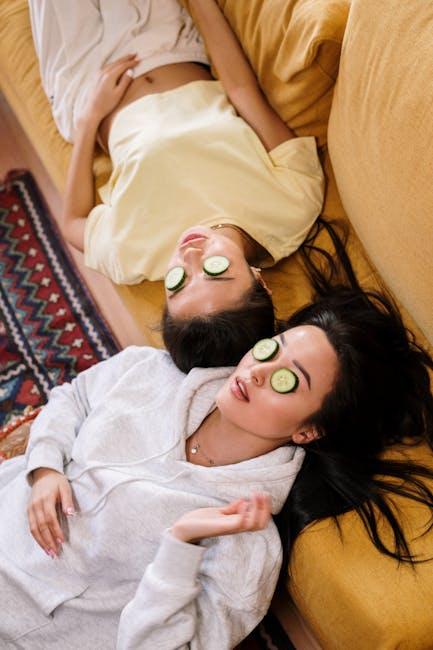
The Benefits and Drawbacks of Homemade Solutions
When it comes to DIY skincare masks, the appeal lies in the use of natural ingredients and the ability to customize treatments to suit individual skin needs. Many enthusiasts tout the following benefits:
- Control Over Ingredients: You know exactly what’s going into your mask, avoiding harmful chemicals and preservatives.
- Cost-Effective: Often, ingredients for homemade masks are already available in your kitchen, making it a budget-friendly option.
- Customization: Adjust recipes based on your skin type and concerns, allowing for a personalized skincare routine.
However, these homemade remedies come with their own set of challenges:
- Inconsistent Results: Unlike store-bought products that are tested for efficacy, DIY masks can produce varying outcomes.
- Potential for Allergies: Natural ingredients can still cause allergic reactions or skin irritations if not used correctly.
- Short Shelf Life: Without preservatives, homemade masks need to be used immediately, reducing convenience.
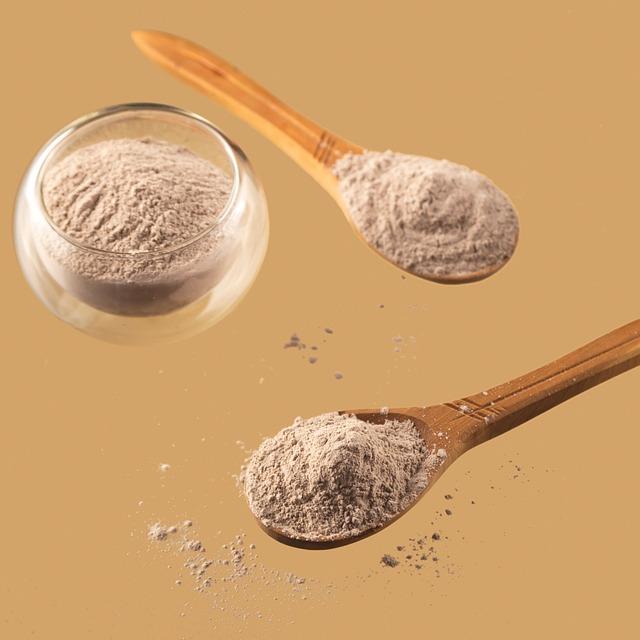
Expert Tips for Creating Effective DIY Skincare Masks
When crafting your own skincare masks, leveraging the power of natural ingredients can yield impressive results. Consider these expert tips to enhance the efficacy of your homemade concoctions:
- Choose the Right Ingredients: Opt for ingredients known for their skincare benefits. For instance, honey is a natural humectant, while turmeric boasts anti-inflammatory properties.
- Freshness Matters: Always use fresh ingredients to ensure maximum potency and avoid potential skin irritations from expired or degraded substances.
- Test for Allergies: Conduct a patch test on a small area of your skin before applying the mask to your entire face, ensuring you don’t have adverse reactions.
- Customize for Your Skin Type: Tailor your mask to your specific needs. Oily skin can benefit from clay masks, while dry skin thrives with hydrating elements like avocado or yogurt.
- Consistency is Key: Use your DIY masks regularly, but not excessively. Aim for once or twice a week to maintain balance and avoid over-exfoliation.
By incorporating these strategies, you can elevate your DIY skincare routine, potentially matching the results of high-end, store-bought products.

